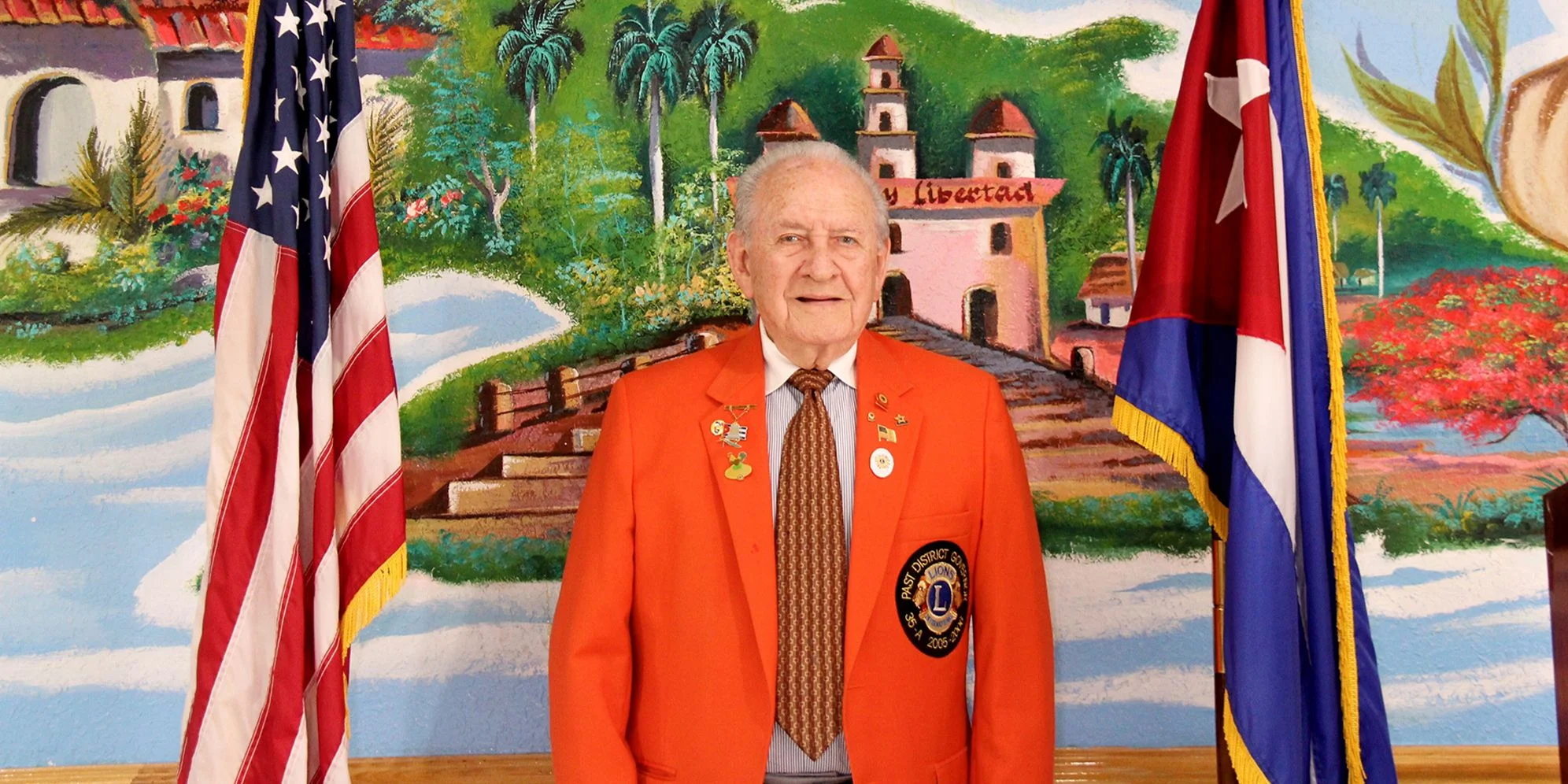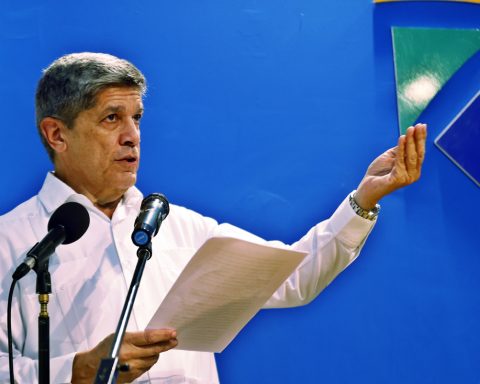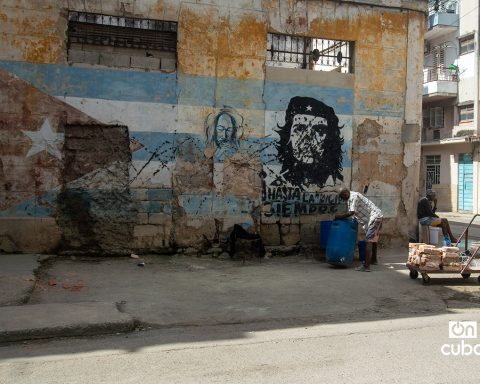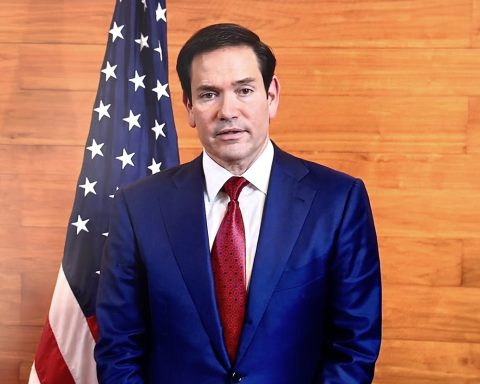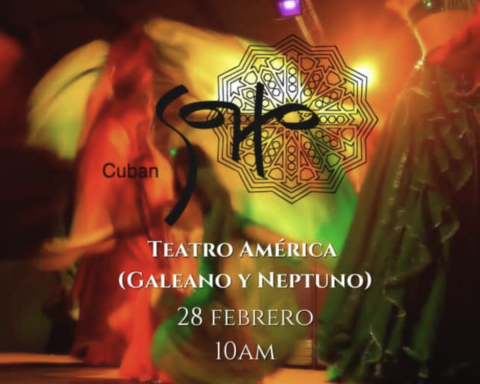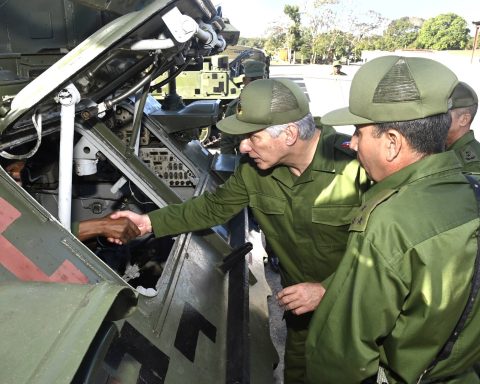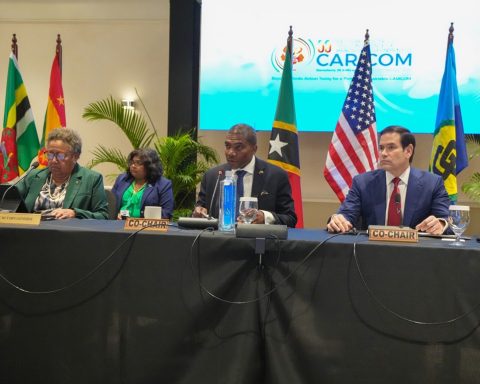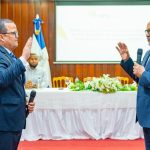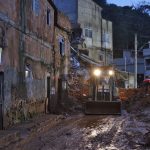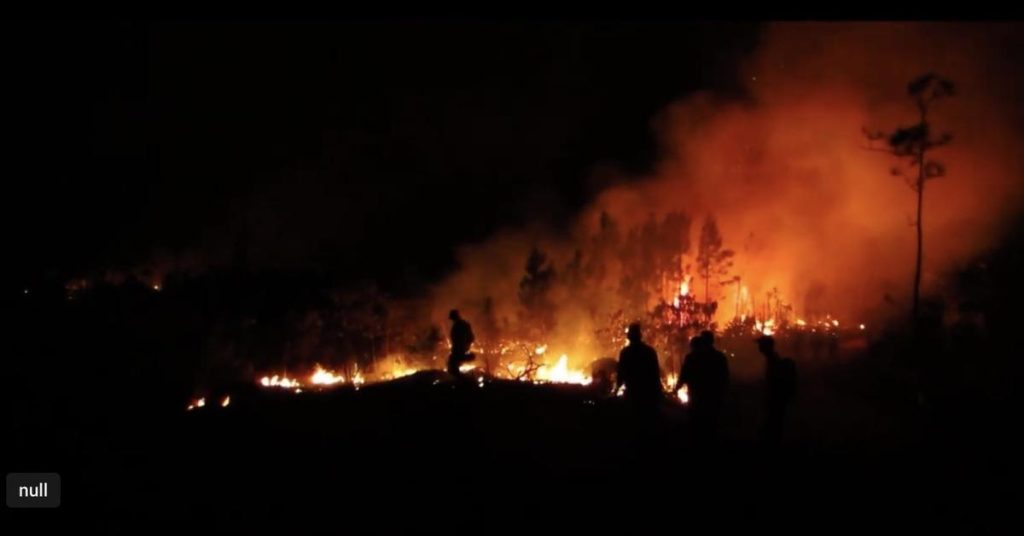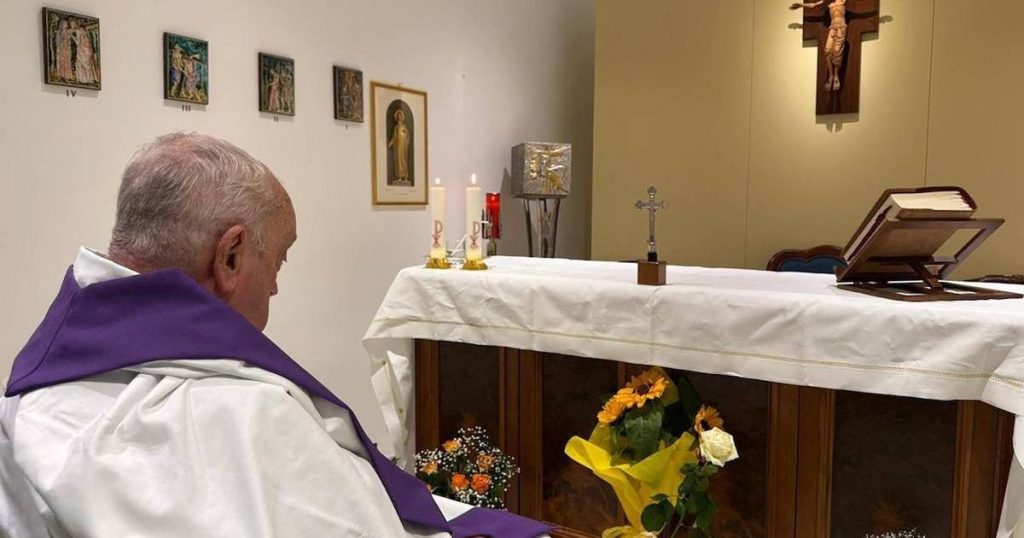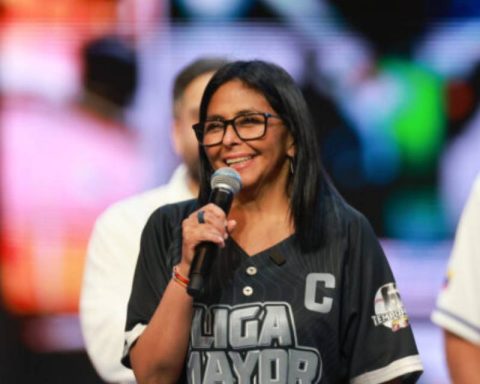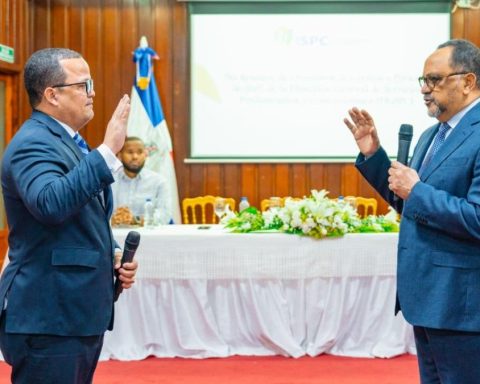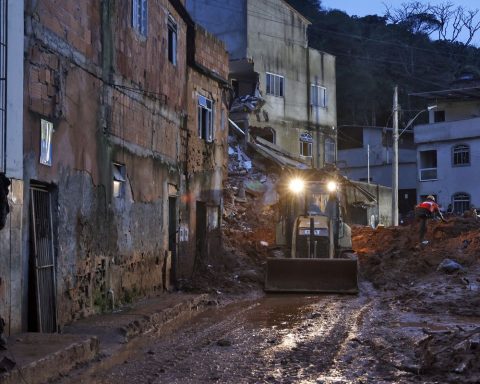Miami, United States. – Mario Echevarría, a Cuban -American businessman based in Miami, has not only the memory of a Cuba that left behind in 1967, but also the symbolic and legal weight of a family history marked by the dispossession. His name has gained notoriety after The ruling of a federal court in the United States which gave him almost 30 million dollars as compensation for the unauthorized use of land that, according to documents in his possession, belonged to his family and today make up part of Cayo Coco’s tourist pole. But behind the litigation there is a story that begins in the Morón region, Camagüey, where he was born.
Echevarría is a direct descendant of the former owners of Cayo Coco, an extensive portion of land – 2,403 cavalries – expropriated after the application of the Agrarian Reform Law in 1959. As reported in An interview with Univista TVthe islet belonged to his great -grandfather, and the property administration fell to Carmen Cuevas for years, his aunt grandmother, a single woman who, despite having three domestic employees, cooking personally for her grandchildren. “She worshiped her grandchildren. Everything that was the food of the grandchildren did she,” Echevarría recalled.
The Cuevas-Angle family, of Camagüeano origin, lived a unique story: six children, of which three were deaf-mute and never married. The line that continued with offspring was that of Mario’s grandmother, who joined a Vizcaíno in marriage, hence the last name Echevarría. For decades, the family maintained the property on Cayo Coco, until Fidel Castro declared the great rural property illegal, which marked the beginning of exile and uprooting.
In 1959, while studying Electrical Engineering at the State University of Luisiana (LSU), Echevarría decided to return to Cuba motivated by the enthusiasm that aroused the revolutionary triumph. “I thought that to the triumph of the revolution what was coming was the democracy of Cuba. I did not know who Fidel Castro was,” he said.
However, his disenchantment came soon: on May 1, 1959, during an official act in Havana, he witnessed how former Costa Rican president Pepe Figueres, a reference for many Latin American students, was publicly insulted. “There I said: ‘This is wrong.”
Back to Cuba, he changed his academic course and graduated from shopping sciences at the University of Havana. He married Dr. Roselia Romero, with whom she shared 55 years of life, and worked as an accounting manager at the Reynolds company. He reached the position of supervisor of the Ministry of Industries, but his political position earned him marginalization. “I never made guard or cut cane. My grandmother told me: ‘Study, that the one who does not study Short Caña.’ And I studied not to cut cane,” he recalled.
The Echevarría family suffered the seizure of their assets in 1961: bank accounts and properties were confiscated, and Mario, from abroad, had to send medicines to their relatives on the island. After leaving Cuba definitely, his professional life continued in Spain, where he worked for General Electric as Administrative Head of Sales in Madrid and then as Financial Director in Bilbao. He subsequently moved to the United States, where he continued his career in New York and Connecticut.
Already in Miami, it became an active figure of the Cuban community in exile. He was president of the municipalities of Cuba in exile, governor of the 35N district of the Lions Club in Florida, and promoter of the Ramiro Collazo Award, which he gives annually to outstanding Hispanic personalities. Currently, he directs the Peña del Versailles, a meeting space for Cubans where history, culture and politics are shared.
For Echevarría, Cayo Coco is more than a land: it is a symbol of his link with Cuba, his family heritage and his struggle for justice. He proudly argues that he owns the documentation that proves his property on those lands. “We know that I would like to develop a tourist complex in a free Cub A profile published in the magazine Bentomo.
Beyond the economic compensation of the recent judicial ruling, Mario Echevarría represents a generation of Cubans who has not stopped fighting, in exile, to recover what they consider their own, which is not only the earth, but also the memory.
